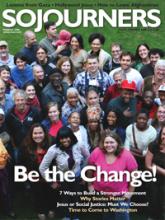James W. Douglass, Catholic author and pacifist, has written a compelling and deeply disturbing book about the assassination of President John F. Kennedy. In his introduction to JFK and the Unspeakable, Douglass traces his own spiritual journey and his growing understanding of the forces of violence and evil—the unspeakable—in our culture. He also describes his debt to his mentor Thomas Merton, who foresaw assassination for a president who might break with this unspeakable power.
I read this book with intense interest because I served in Washington as a lobbyist for the Quakers on peace and justice issues before, during, and 27 years after the Kennedy administration, and had contacts with Kennedy and his Senate and White House staff. Indeed, I was one of six Quakers in a delegation to talk with him in the White House on May 1, 1962, which is noted briefly in the book. During the intervening years, as controversy swirled around Kennedy’s assassination, I was in avoidance or denial, rationalizing that if the government was involved, someone would surely talk and Robert Kennedy, still attorney general with all the resources of the Department of Justice, would certainly find the truth.
I am sure critics of a conspiracy theory involving U.S. government officials will point out errors and shortcomings in Douglass’ text, but nearly 100 pages of footnotes to back up some 400 pages of text have tremendous cumulative impact.
Read the Full Article
